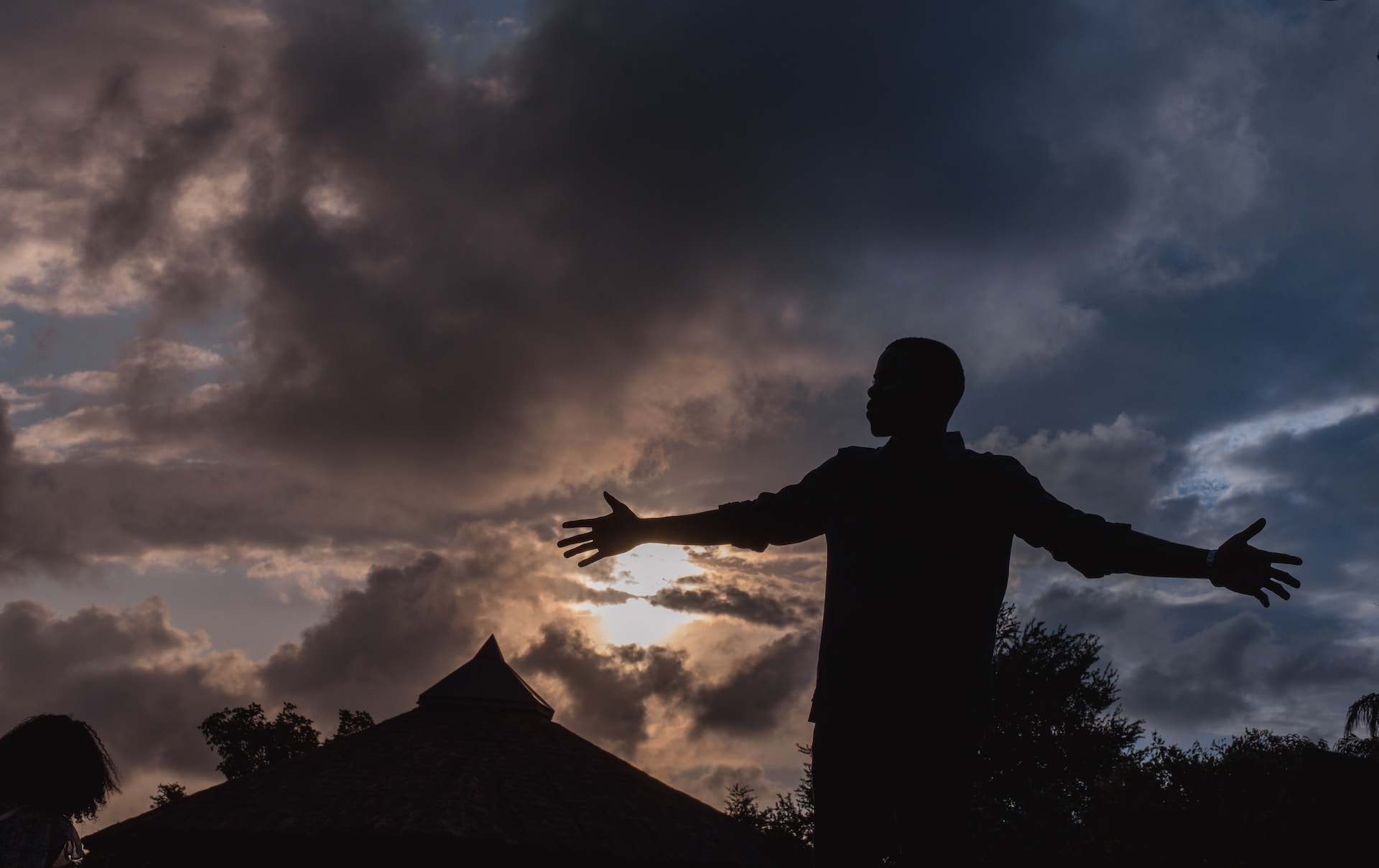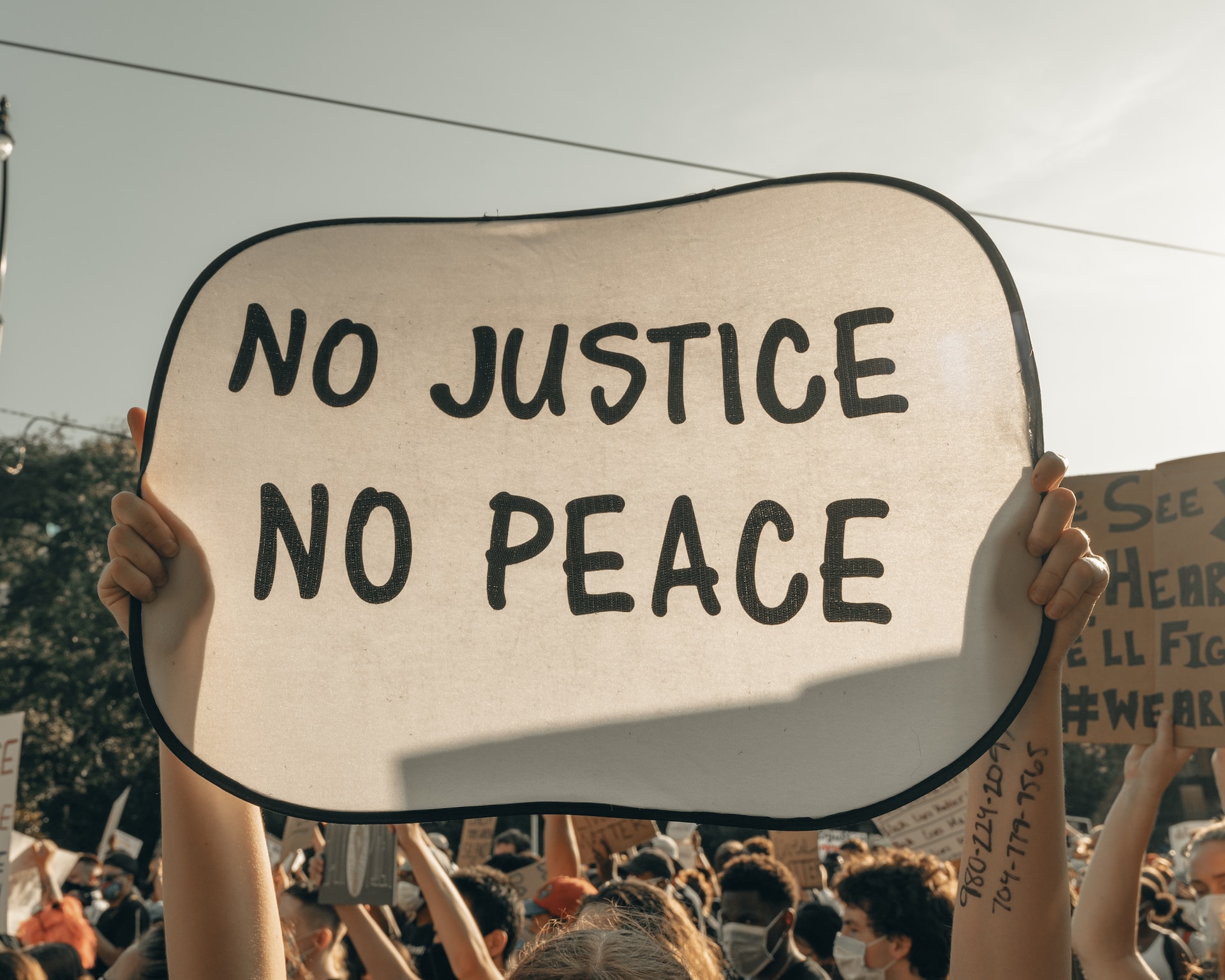A Quest for Closure: Unraveling Decades of Gay Hate Crimes in Australia

In a significant move toward justice, Australia is witnessing the final stages of a groundbreaking inquiry into unsolved deaths linked to gay hate crimes. Spanning four decades of tragedy, the special commission has delved into over 30 cold cases from 1970 to 2010, offering a glimmer of hope for families seeking closure.
Decades in the Dark
The unsolved mysteries of these deaths have lingered for years, casting a long shadow over the LGBTQ+ community in New South Wales. The inquiry, led by Justice John Sackar, has been a beacon for those affected, meticulously reviewing each case, sifting through past evidence, and shining a light on the systemic homophobia that may have tainted original investigations.
Personal Stories Emerge
The Hughes Connection
For retired teacher Gordon Hughes, the inquiry brought forward a poignant family story. He learned of his cousin John Gordon Hughes’ tragic fate only through a letter from his father. John Gordon’s life was brutally cut short in 1989, and the inquiry’s submission pointed to a probable homophobic motive, challenging previous police reports.
The Dream Deferred
Peter Russell and his partner, Donna Hannah, reminisce about a dream of bucolic life in Wollombi, shattered by the death of Peter’s brother, John. Initially ruled as an accidental fall, later evidence suggested a darker truth: John was likely the victim of a gay-hate crime. The commission’s task included reassessing such findings and offering recommendations.
A Voice for the Voiceless
William Towler and his family looked to the commission to bring attention to the mysterious death of his uncle Graham Paynter. The investigation’s gaps, including missing police records and ambiguous autopsy results, only added to the family’s frustration and grief. Now, they hope for a thorough examination and the recognition that Graham’s untimely death deserves.
The Journey Toward Justice
As the inquiry nears its conclusion, those involved are cautious yet hopeful. The families’ narratives intersect with national and even international histories, including the UK’s controversial child migration program. The commission’s findings may not only offer solace to the bereaved but also correct historical narratives, ensuring that the victims’ stories are heard and acknowledged.

The Path Ahead
With the final report on the horizon, expectations are mixed. While the inquiry cannot undo the past, it offers a chance to address long-standing injustices. The hope is that, through this process, the victims will be remembered not as anonymous statistics but as individuals whose lives were unjustly taken. For the families, such recognition may be the first step toward the justice they have long been denied.
©equalityvoices.org


